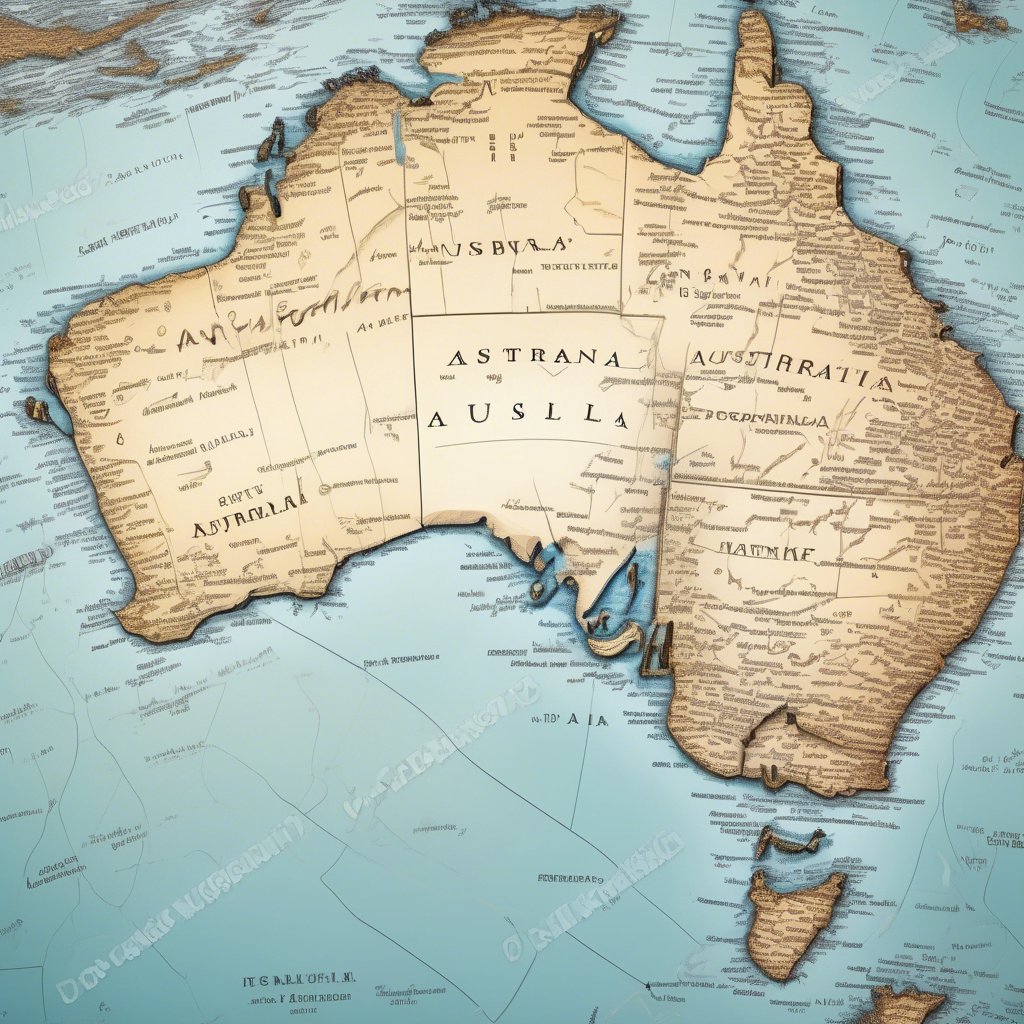
Australia, often referred to as the “Land Down Under,” is a country that holds a rich history of discovery and exploration. The discovery of Australia can be traced back to the early 17th century when European explorers set sail in search of new lands and territories to claim for their respective countries. The discovery of Australia not only had a significant impact on the lives of the indigenous tribes living on the continent but also changed the course of history for the world as a whole.
The history of Australia’s discovery can be traced back to the early 1600s when Dutch explorers first set foot on the continent. In 1606, the Dutch explorer Willem Janszoon became the first European to set foot on Australian soil. He landed on the western coast of Cape York Peninsula in what is now known as Queensland. Following Janszoon’s discovery, more Dutch explorers began to explore and map the coastline of Australia, leading to the naming of the continent as New Holland.
In the early 18th century, British explorer James Cook embarked on an expedition to explore the eastern coast of Australia. In 1770, Cook landed on the eastern coast and claimed the continent for Great Britain. This marked the beginning of British colonization in Australia and the establishment of the first European settlement at Botany Bay.
The impact of Australia’s discovery on the indigenous tribes living on the continent was profound. The arrival of European explorers and settlers brought about drastic changes to the way of life for the indigenous peoples. The introduction of new diseases, the loss of traditional lands, and the imposition of European laws and customs had a devastating impact on the indigenous population. Many tribes were decimated, and their cultures and languages were threatened with extinction.
The discovery of Australia also had a significant impact on the global stage. The colonization of Australia by European powers led to the establishment of new trade routes and the exploitation of the continent’s natural resources. Australia became a valuable asset for European nations, providing them with access to new markets and sources of wealth.
In terms of governance, the discovery of Australia led to the establishment of new colonial administrations in the region. England, France, Spain, the Netherlands, Italy, and Germany all laid claim to different parts of the continent, leading to conflicts and power struggles over control of the land and its resources.
The impact of Australia’s discovery on the natural world was also significant. The introduction of new plant and animal species from Europe had a profound effect on the continent’s ecosystem. Many native species were displaced or driven to extinction as a result of the introduction of invasive species.
In conclusion, the discovery of Australia had a profound impact on the lives of the indigenous tribes living on the continent, the course of world history, and the natural environment. The colonization of Australia by European powers brought about significant changes to the region and its peoples, shaping the future of the continent for centuries to come.